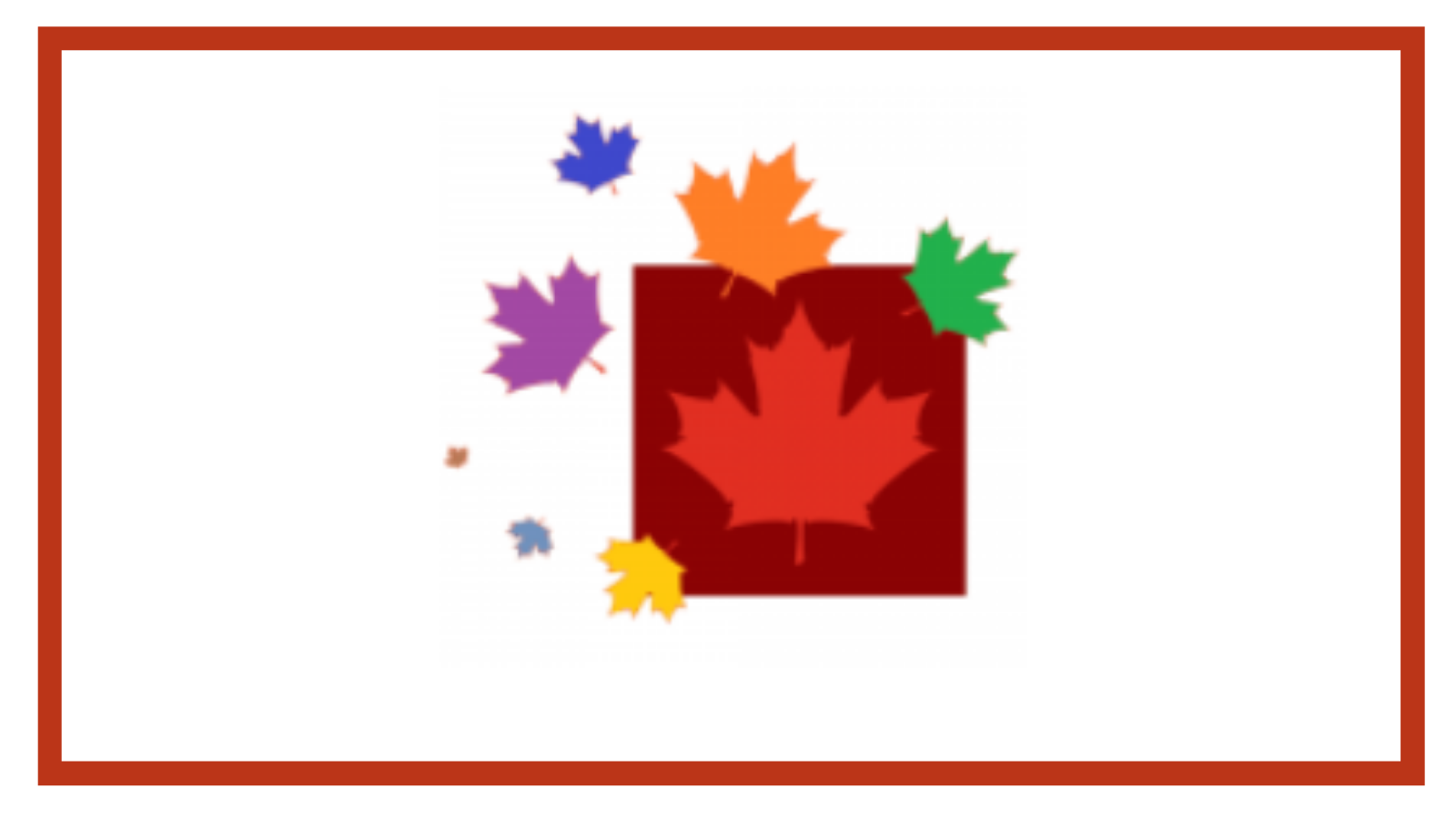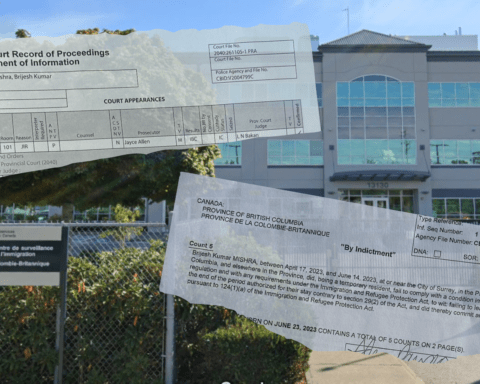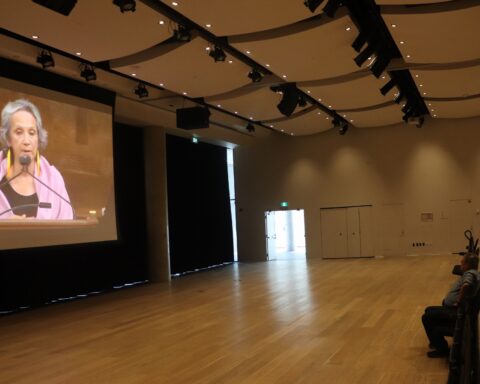The federal New Democrats are demanding action from Ottawa after hearing the Chinese government is refusing to recognize Canadian citizenship when granting visas to those with roots in Hong Kong or Mainland China.
NDP immigration critic Jenny Kwan said she is sending a letter to Foreign Affairs Minister Stéphane Dion after speaking to travel agents in Toronto and Vancouver who report Beijing is denying Canadian citizens of Chinese origin the right to obtain visas using their Canadian passports.
Instead, they are reportedly being issued travel documents as Chinese nationals, which means they won’t have the protection of the Canadian embassy while travelling in China.
Kwan said until June 2, Canadian citizens born in Hong Kong or Mainland China could choose to travel as Chinese nationals or Canadian citizens. Now Beijing is apparently forcing them to travel as Chinese nationals.
“It’s a major shift in practice from what it used to be and is of big concern to people,” she said.
Even Canadian citizens born here to Chinese parents must apply for Chinese travel documents if they have not travelled to the country as Canadians before, Kwan said.
One Toronto travel agent, who spoke to The Tyee on the condition of anonymity, said his company arranges visas for visitors to Mainland China. Applications have been denied for people born in Hong Kong, Mainland China, or Taiwan, the agent said. The Beijing government has also denied visas to Canadian-born children of Chinese origin parents, he said.
The rejections have come with notes directing the applicants to go to a Chinese consulate in person to apply for travel documents.
Many people have opted to cancel their trips to China rather than travel as Chinese nationals, said the agent.
Tightening controls?
China expert Charles Burton, a professor at Brock University, said the move appears to be part of Beijing’s attempt to tighten control globally to mute dissent against the ruling regime.
Burton pointed to a recent case of a Hong Kong bookseller with a Swedish passport who was arrested in Thailand and sent to China for “interrogation” as an example of Beijing’s actions.
He said the reported policy would be in line with China’s policy of considering anyone with Chinese heritage as subject to Beijing’s authority.
“I think it does have a chilling effect on people of Chinese origin who felt that acquisition of foreign citizenship gave them a degree of protection,” Burton said. “It goes against international law; it’s part and parcel of China’s refusal to acknowledge the authority of international regimes in general.”
He said the policy could be considered discrimination because Beijing is issuing visas based solely on people’s ethnicity.
Burton said Canada must raise the issue with China at the highest levels.
The revelations come four weeks after Chinese Foreign Minister Wang Yi had a tantrum when a Canadian reporter in Ottawa asked him about China’s detention of Canadian citizen Kevin Garratt, aggressive moves in the South China Sea, and the disappearances of merchants in Hong Kong selling books critical of the Chinese government.
Following the outburst Ottawa faced criticism for its declaration of plans to deepen ties with China.
Global Affairs Canada said it was aware of the visa situation and intends to raise the issue with Beijing, but would not grant an interview with Dion.
** Story update, June 30: Since NDP MP Jenny Kwan’s initial complaint, the Chinese embassy in Ottawa has issued a statement saying it has not changed its policy, but gives no explanation for why it was asking people to apply for Chinese travel documents.
“It should be noted that we welcome visit to China by Canadians of Hong Kong origin,” read the statement. “There is no such a thing as China tightening its travel document-related policies.”
Chinese foreign ministry spokesperson Hong Lei also addressed the issue in his regular press briefing in Beijing.
Kwan released a statement in response suggesting that people who had problems apply once again and to bring the full Chinese statement from the Chinese embassy with them when they do.
Republished with permission from The Tyee.




